Chemical Blog Posts
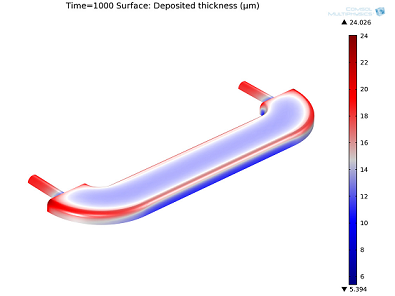
Electroplating Simulations Cut Down on Wasted Metal
Electrodeposition is the process of making a substance adhere to an object through electrochemical reactions. Sometimes the substance is available in the solution form and other times it is a solid object too, and needs to undergo electrochemical reactions in order to dissolve into solution; often as part of the electrodeposition process. Electrodeposition can be an important part of the refining process of certain metals, such as copper, silver, and gold and is often referred to as electrorefining or electrowinning. […]
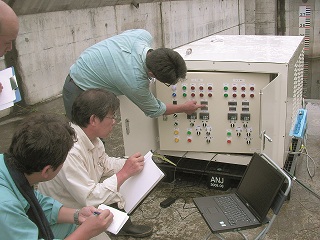
Injectable Microbubbles in Hydrology and Healthcare
Microbubbles filled with oxygen can be injected into contaminated lakes to restore the water quality. Typically, water is purified via water-treatment plants, but this microbubble technique is both inexpensive and more environmentally-friendly in comparison. As seen in a COMSOL News 2011 article, oxygen microbubbles are a researcher’s way of copying nature’s own self-restoration mechanism for cleaning contaminated lakes.
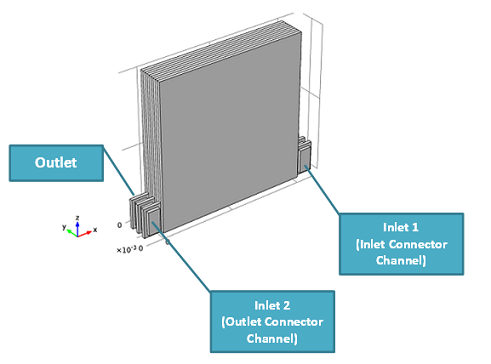
Modeling Lithium-Ion Battery Cooling
Get a brief introduction to creating a lithium-ion battery model using the COMSOL Multiphysics® software in three sequential studies. At the end of the blog post, there is a link to download the tutorial model.
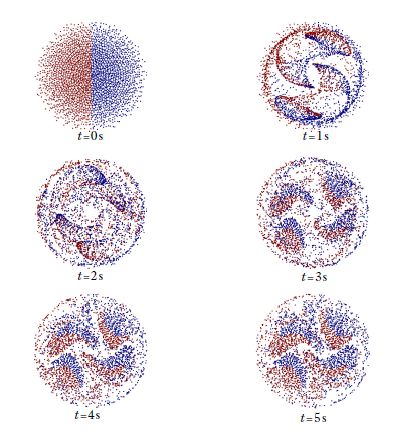
Modeling Static Mixers
A mixer that doesn’t move may sound like an oxymoron, but it’s not. Used in various chemical species transport applications, static mixers are inexpensive, accurate, and versatile. Still, there is always room for improvement. Optimizing the design of static mixers calls for computer modeling, but traditional CFD methods may not be the best way to model these mixers. How do these motionless mixers work and how can their performance be simulated?

New Book from One of the Greats in Chemical Engineering Education
COMSOL has had a great relationship with Emeritus Professor Bruce Finlayson of the University of Washington. I first saw him back in 2002 at an American Institute of Chemical Engineering (AIChE) meeting where he gave a presentation on the use of modeling in chemical engineering education. As a former President of AIChE and with a resumé covering some of the leading research and industrial advances within chemical engineering, I was quite intrigued by him taking the time and effort to […]
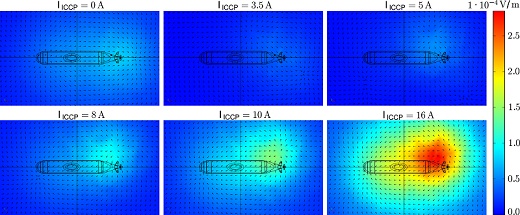
Another Danger with Corrosion
One dangerous aspect of corrosion is that it can compromise the stability of structures, which is particularly relevant in the naval industry, where material failure leads to leaks. However, another danger of corrosion has recently become apparent.
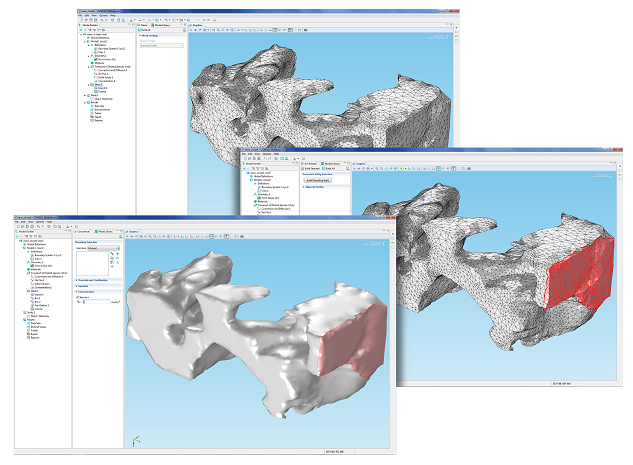
The Difficulties with Working with Nanoparticles
When it comes to the design of batteries, we want to maximize charge while minimizing volume and weight. The use of nanoparticles can help achieve these goals. However, as I was just reading in one of my favorite websites, Phys.org, it is very difficult to control the material properties when working with nanostructures.
